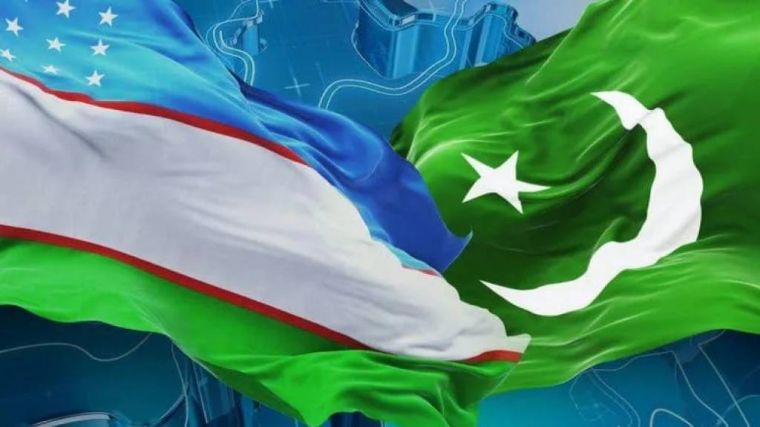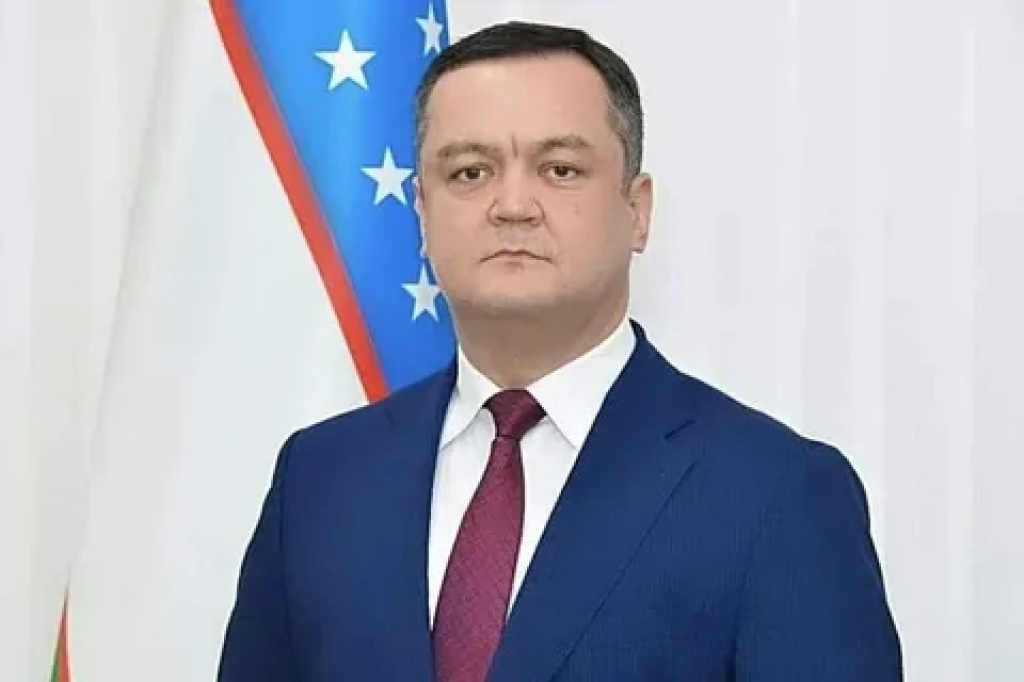Tashkent city



In 2007 ISESCO (the structure of IOC) announced Tashkent as the capital of Islamic culture.
Every year this organization announces three cities to be the Islamic cultural centers. One of the cities must be from Arabic countries, another one from Asia and the third one from Africa.
On IX conference of the ministers of culture of OIC three cities: Bukhara, Cairo (Egypt) and Bamako (Mali) were chosen as Islamic cultural centers of 2020.
Actually Bukhara has been Islamic cultural center for centuries. It was named as “The dome of Islam”. There is great meaning in the selection of Bukhara as the Islamic cultural center of 2020. It is worth mentioning that thousands of scholars who have contributed to the world civilization were born, lived and studied in this city.
Azamjon Abdurakhimov
The teacher of Tashkent Islamic Universities
“Study of Islamic civilization ISESCO” department

During his visit to the All Pakistan Textile Mills Association (APTMA), Uzbekistan’s Ambassador invited representatives of the country’s textile companies to study the demand for high-quality products in Uzbekistan. He noted that Uzbekistan’s cheap energy and rich cotton reserves create attractive opportunities for Pakistani investors to develop trade and investment in the Uzbekistan market.

The Ambassador recalled that the two countries have signed several memoranda of understanding and agreements aimed at facilitating market access. Thanks to direct flights, the flight time was reduced by 90 minutes. Negotiations on a trilateral transit trade agreement involving Pakistan, Afghanistan, and Uzbekistan have entered a crucial phase. After reaching an agreement, trade flows will accelerate even more. Uzbekistan’s shopping malls have been opened in Karachi and Lahore. The next such center will be opened in Islamabad.
As A. Tukhtayev noted, Pakistan and Uzbekistan are “fraternal countries, not competitors”, so it is necessary to share resources, knowledge, and experience for mutual benefit. He invited the APTMA delegation to visit Uzbekistan, take part in exhibitions and conferences, and added that other trade delegations will visit this fraternal country in the coming months.
APTMA Chairman Kamran Arshad highlighted several existing problems in mutual trade, including the lack of official banking channels, delays in signing the free trade agreement, language barriers in labeling, issues with the Afghan transit route, and the slow construction pace of the Trans-Afghan Railway. He emphasized the importance of strengthening banking relations, concluding a free trade agreement as soon as possible, and establishing a regular exchange of trade delegations to realize the existing potential fully.
Another participant of the meeting, Asad Shafi, informed the delegation about the possibilities of Pakistan’s textile industry, noting that, despite centuries-old ties, the current volume of bilateral trade is only $125 million. He emphasized that his country aims to boost textile exports to $50 billion under the Sewing Revolution project and urged Uzbekistan to cooperate actively in this endeavor.
Muharrama Pirmatova, UzA